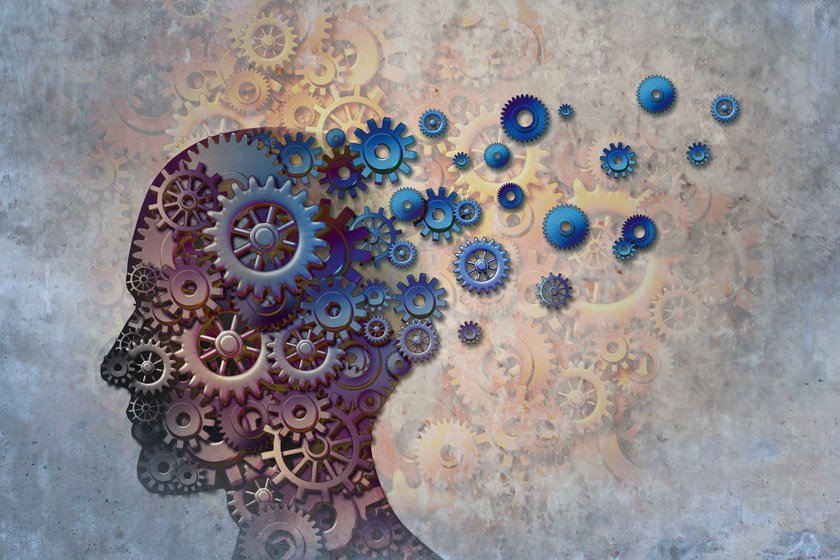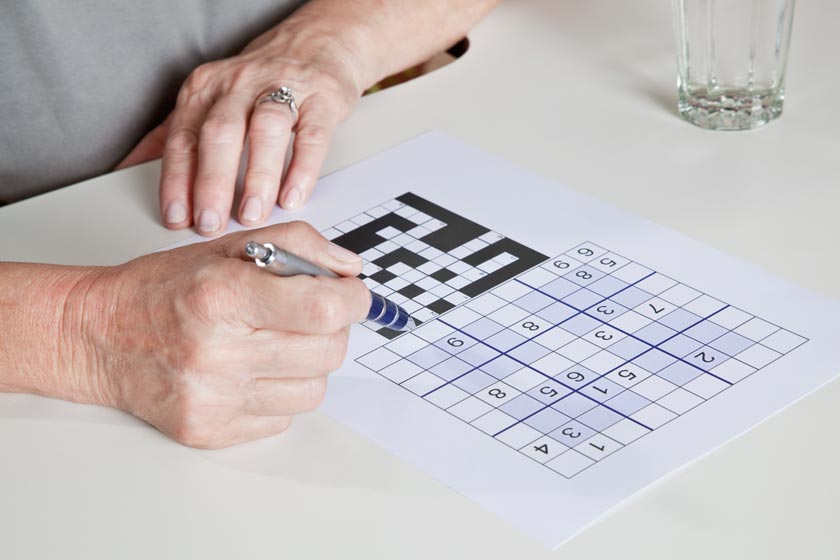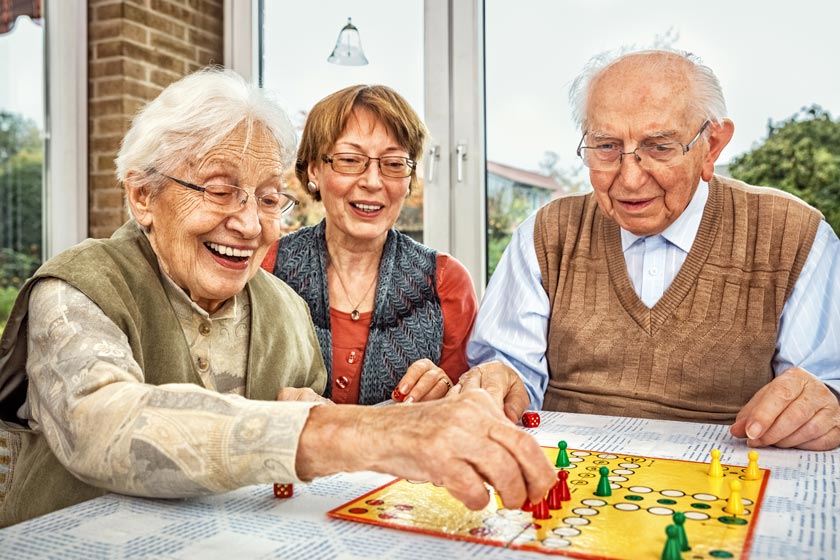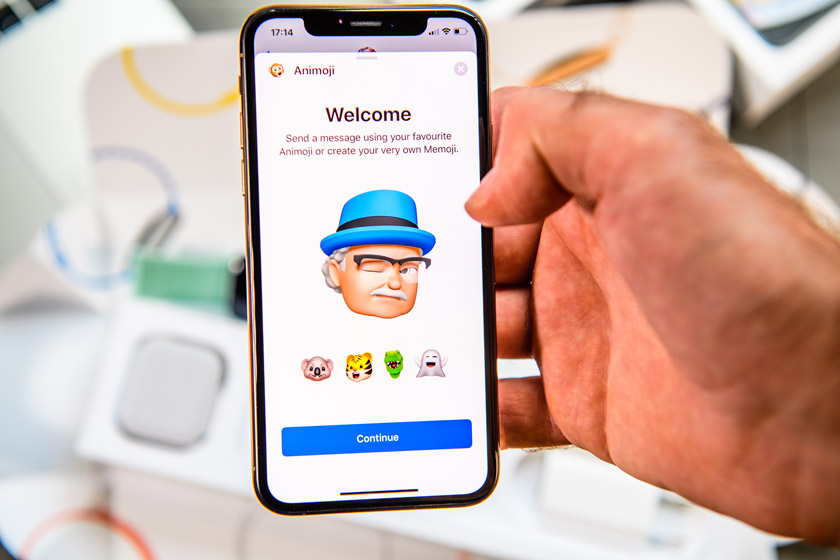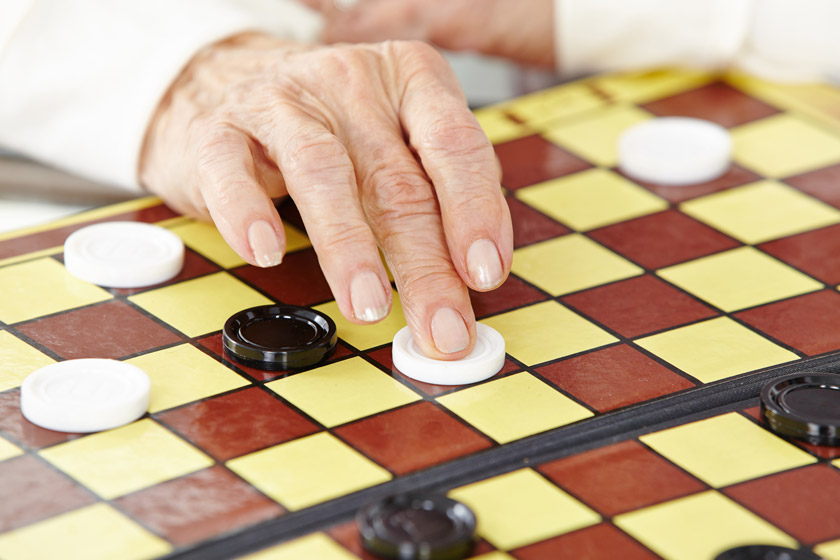Best Mobile Games to Prevent Alzheimer’s & Dementia
The idea of “preventing” something as serious as Alzheimer’s disease with mobile games may sound utterly ridiculous to some people. True, mobile games are no magic tools that prevent mental disorders. But they can do an awful lot to help you keep track of your cognitive function and maybe even improve it, which plays a vital role in reducing the risk of Alzheimer’s disease.
Here is the thing: according to Dementia Australia, Engaging in mentally stimulating activities and keeping our minds sharp can improve cognitive function and reduce the possibility of cognitive decline, hence decreasing the chance of developing dementia. Many studies suggest and support this argument.
Think of it this way: Dementia is the enemy trying to attack your brain. Naturally, you need to fortify your brain to defend it against the enemy. Brain exercise is what makes your brain stronger and increases the chance of defeating the attacker. The stronger the brain, the harder it is for dementia to invade your brain. It’s pretty simple logic.
Mobile games (not all of them, just the ones that are really mentally stimulating) help you exercise your brain as much as you want, hence strengthening the possibility of delaying the onset of Alzheimer’s disease. And this thought process brought the idea of “preventing Alzheimer’s with games” to life. And this is just what we will be talking about in this article: introducing mobile games to prevent dementia, that is, mobile games that can train our brains to the point that dementia will have a hard time affecting it.
Mobile Games to Prevent Dementia: Memory Game Apps for Seniors
Memory is an integral part of Cognition, and seniors going through cognitive decline are usually most concerned about not being able to remember certain things.
Therefore, playing games that can enhance our memory, and improve our cognitive function, may reduce the chance of developing Alzheimer’s. But do such games really exist?
The Game apps we are going to introduce in the following are mainly brain-training apps that can detect cognitive decline and try to improve it.
Lumosity
Here’s an app full of games claiming to be able to improve memory, attention, problem-solving skills, and speed processing.
As the website clearly states, it is one of the most popular brain training programs. It lets users exercise daily and train cognitive skills regardless of age, taking into account their weak and strong points for better customization.
Lumosity takes approved lab tasks and turns them into fun and easy games. And to prove its efficiency, its lab team conducted a study with 4715 participants separated into two groups. One group spent fifteen minutes a day, five days a week, on Lumosity, exploring and trying its games. Meanwhile, the other group did online crossword puzzles following the same routine.
The results showed potential. In terms of memory, processing speed, solving problems, and overall cognitive function, the group that used Lumosity, showed a greater improvement than the other group.
But the research goes on, and Lumosity continues to deduct more detailed studies. But as of now, it is never a bad idea to check out what its games can do.
Elevate
Next up on our list is another personalized brain training app that makes mental exercise fun. Elevate provides more than 40 games, all designed to improve skills and recall is one of them. Another goal of this app is to boost the self-confidence and productivity of its users in all practiced areas.
This app lets you track your progress and compare them with others, which is a great asset. The skill groups include writing, speaking, reading, math, and memory. Apart from tracking the improvement in each group, Elevate also shows you how your performance has improved overall.
In 2015, the team worked with an independent research company to put the app’s efficiency to the test. The experiment put the participants into two groups of Elevate users and non-users. Both groups took two tests four weeks apart. And apparently, Elevate users showed a more significant improvement of 69% percent than the other control group. And the more they played Elevate, the better the results.
Notice that the test only covered writing, listening, grammar, and math questions. So there’s really no supportive evidence to show that playing Elevate can improve memory. But the app still offers a great cognitive training program. And you know what a growing cognitive performance means: a lower likelihood of having to combat dementia.
Dakim
This Brain Fitness program has two versions: One for adults older than 50 years old and another specifically for seniors over 70 years old. The Second version is called Dakim BrainFitness Professional and is developed for senior living providers. The exciting part is, because of its unique features and appeals to 70+ users, more than 500 communities across North America offer this brain fitness program to their residents. And there’s only one reason for that: the Dakim program is clinically proven and evidence-based.
Two of the most important cognitive abilities are memory and language-related abilities. And Dakim claims to improve both with its program. Here is why Dakim is not just a simple brain training program: a team of scientific advisors has guided Dakim to develop its brain training protocol properly. Many of the exercises in this program are based on neurological tests and exercises approved by psychologists, researchers, and neurologists.
In July 2013, the UCLA School of Medicine conducted a clinical trial to test the Dakim program. This trial indicates that Dakim’s claims to improve its users’ memory and language abilities are not false.
The other version of the Dakim program, called Dakim BrainFitness Active, provides over 100 brain training exercises for adults over the age of 50 at home. This version is also clinically proven, managed by Dakim’s patented NuroLogic Technology.
Unfortunately, the app for Dakim BrainFitness Active is only available for iOS and only for iPads. We can only hope the team decides to develop the app for iPhones someday.
Other Fun Games for Alzheimer’s Patients
Additionally, there are also other games that are not too challenging for seniors yet challenging enough to keep their minds sharp and exercise their brains.
These are usually the games that involve certain skills, a decline in which can uncover early cognitive problems. This means that playing these games can detect the risk of developing dementia at earlier stages.
You must know that the key to prevention and delaying the onset of any disease is early detection and attention to problems that might strike in earlier stages. The sooner you take action and consider the symptoms, the earlier you can begin the diagnosis and treatment procedures.
Dementia is no exception to this pattern. Once you notice drastic drops in the performance level for some games, you may want to consider consulting health professionals and search for possible problems.
As a matter of fact, one article on inews.co.uk states that since some games like Tetris and Fruit Ninja give an excellent insight into players’ cognitive functioning, if they use their potential for the right cause, someday they can help with the diagnosis of Alzheimer’s disease. But right now, that’s all these games got: potential.
Witty Words: One of the Easy Games for Seniors with Dementia
It will be a waste not to introduce this game while we’re on the subject of mobile games to prevent Alzheimer’s. This crossword game is available on all devices and brings fun and mental engagement to its users in a whole package. While you might find similar games on all app markets, this crossword is specifically designed for seniors so they can have fun and sharpen their minds at the same time.
Don’t forget that word games like crosswords are beneficial for cognitive improvement, so you should definitely check out Witty Words.
Final Words
The idea of preventing Alzheimer’s and Dementia with mobile games is exciting but not proven by scientists. Research continues to explore new areas of this idea, and hopefully, one day, we can get a definite answer. Meanwhile, enjoy games and challenge your brain daily. A stronger and sharper mind surely helps postpone the war each of us might have to start with dementia one day.



